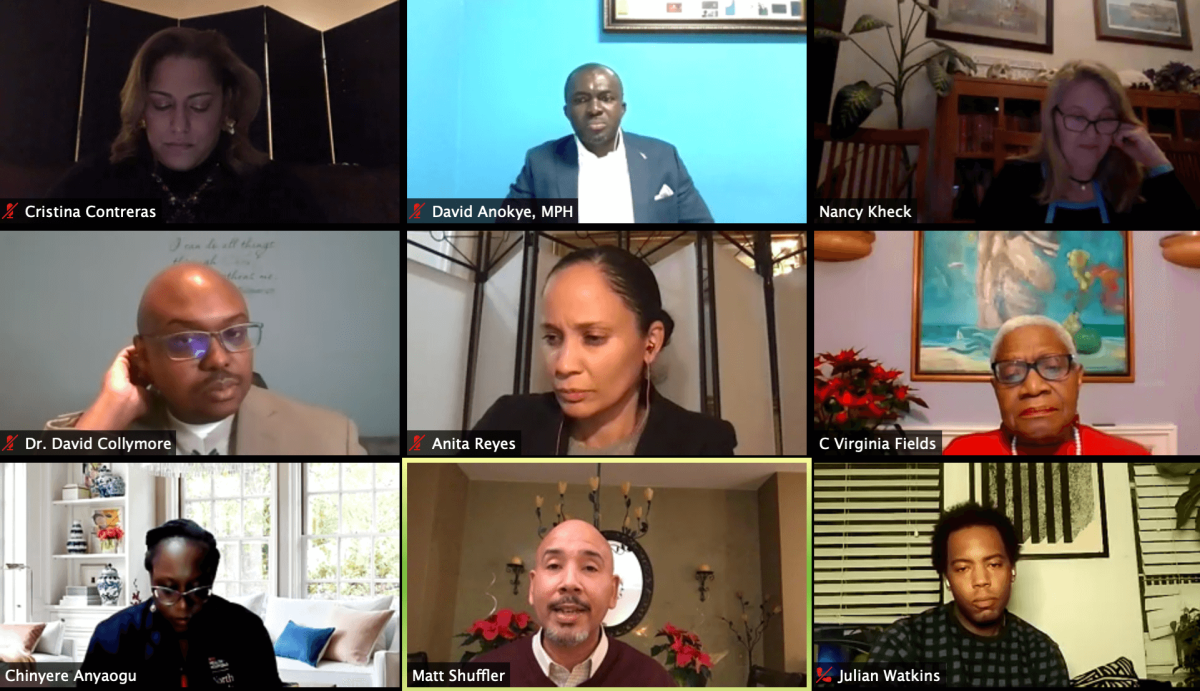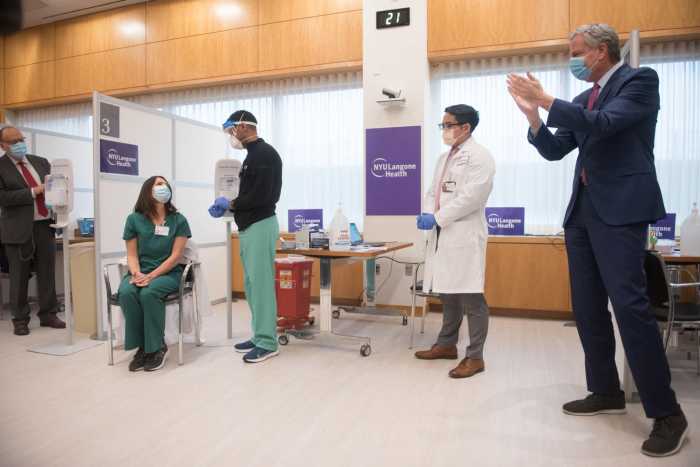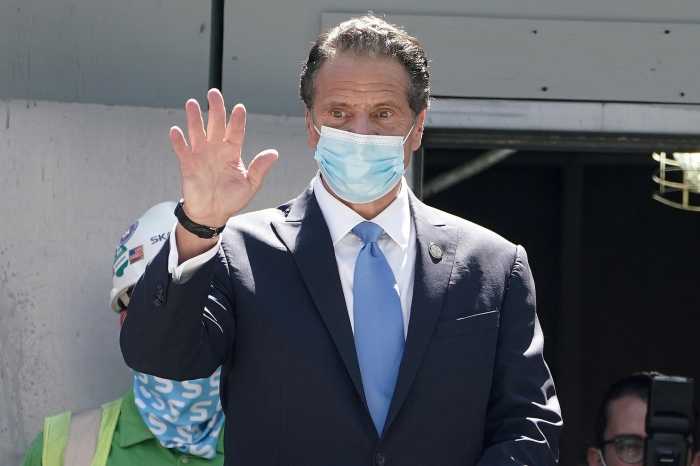A group of Bronx medical experts provided clear and accurate information regarding the city’s unrolling of the Pfizer COVID-19 vaccine, the extensive trials for efficacy and side effects, as well as general information on the disease to over 100 concerned borough residents on Tuesday night. A second vaccine, manufactured by Moderna is currently being shipped to the U.S.
A panel of local health experts such as President and CEO of Black Health C. Virginia Fields and director of health and human services Dr. Nancy Kheck joined Bronx Borough President Ruben Diaz, Jr., president and CEO of Black Health C. Virginia Fields joined Bronx director of health and human services Dr. Nancy Kheck, creating a conglomerative of local health experts to address direct questions from the Bronx community in regards to COVID-19 and the vaccine.
Diaz opened by admitting his own family and staff have had questions and concerns regarding the vaccine, adding that communities like that of the Bronx have been “guinea pigs” for experimental medical treatments in past times – though that is not the case now, the borough president said.
Experts stressed limiting travel, wearing masks, washing hands, and getting tested as core practices that will be crucial to quashing the recent second wave of the virus that has beset the five boroughs in recent weeks.
This vaccine was described as “really encouraging,” and advancement from earlier treatments, such as the antibody cocktail Regeneron, according to the panel.
It contains enough traces of the actual virus to trigger an immune response but enough strains of coronavirus to put patients at risk of contracting COVID-19 – this new method has also made it possible to mass produce the vaccine at double an average pace, the health experts explained.
They continued, saying that this vaccine has an impressive 95% efficacy rate compared to a flu shot, which averages out to 60% in any particular year.
It was also stressed that trials have also proven to be extremely safe for many patients across different health demographics.
On the topic of vaccine distribution, strict Department of Health protocols are being followed to vaccinate high risk frontline workers such as ED and hospital workers, as well nursing home residents and staff, with a second phase of qualified citizens will be eligible at the start of January.
That second phase will be for other at-risk community members such as senior citizens and those with predisposed medical conditions such as diabetes, cardiovascular conditions, chronic lung issues, and those with a higher than average body mass index.
The panel also said that Governor Andrew Cuomo is committed to creating “vaccination hubs” to increase accessibility.
The experts also stressed that health systems will be proactive with community outreach to bring vulnerable populations in as quickly as possible to receive a vaccine, noting that hospitals are moving rapidly following a day by day model.
For places like nursing homes and shelters, census-like data was suggested to record hose who have and have not opted to receive the vaccine, in order to create improved community outreach and to learn why there are vulnerable individuals who are choosing to decline vaccination.
It was also urged that wearing a mask is still necessary after being vaccinated for both one’s own health and for those around them.
Another topic of discussion was the rise of telemedicine and how it will likely become a new normal for the industry. Experts encourage patients to be highly vocal about any concerns over the vaccine and distribution plan to create a more efficient future system.























